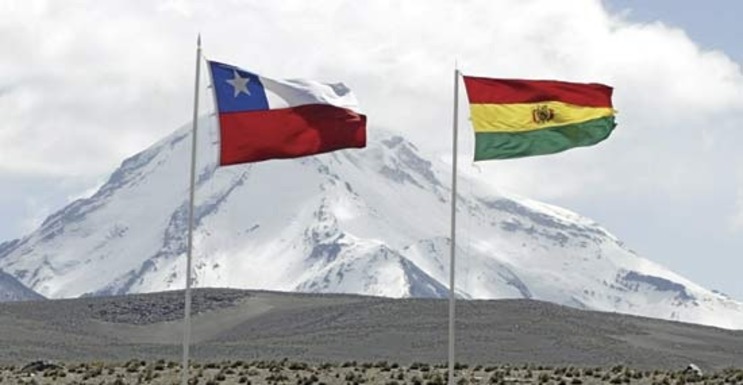RE: “Ex Presidents to Bachelet: Challenge ICJ jurisdiction in Bolivia case.”
Dear Editor,
Please allow me to submit the following letter in response to the May 15 article and ongoing story, “Ex Presidents to Bachelet: Challenge ICJ jurisdiction in Bolivia case.”
Bolivia’s case against Chile in the International Court of Justice over access to the sea concerns land lost by Bolivia in the War of The Pacific (1879-1883). This case has been portrayed as relating to the 1904 Treaty of Peace and Friendship and a simple demand by Bolivia to have its land returned. This is misleading, as Bolivia’s case at the ICJ has little to do with the 1904 treaty (as the ICJ cannot rule on it given that it was signed before the 1949 ratification of the founding document of the ICJ, the Treaty of Bogotá) and it is not an outright demand for the return of land, as the article seemingly suggests.
Bolivia’s case concerns a demand to begin negotiations on the status of access to the sea. As Bolivia’s government states, Chile is obligated to initiate negotiations due to official statements dating back to 1948, stating that country’s intention to sit down with its neighbor on the issue. These statements, according to ICJ legal precedent, are legally binding and should, theoretically, require Santiago to negotiate with Bolivia. Evo Morales offers a more populist and simplistic explanation couched in the language of stolen rights and injustice to channel popular anger prompted by the Treaty of 1904. However, we should remember the proper legal basis of this argument and avoid explaining this dispute in the context of populist rhetoric.
Sincerely,
Ryan Eustace, Research Associate at the Council on Hemispheric Affairs
In response to the Santiago Times article: “Ex Presidents to Bachelet: Challenge ICJ jurisdiction in Bolivia case.”
Please accept this article as a free contribution from COHA, but if re-posting, please afford authorial and institutional attribution. Exclusive rights can be negotiated. For additional news and analysis on Latin America, please go to: LatinNews.com and Rights Action.


